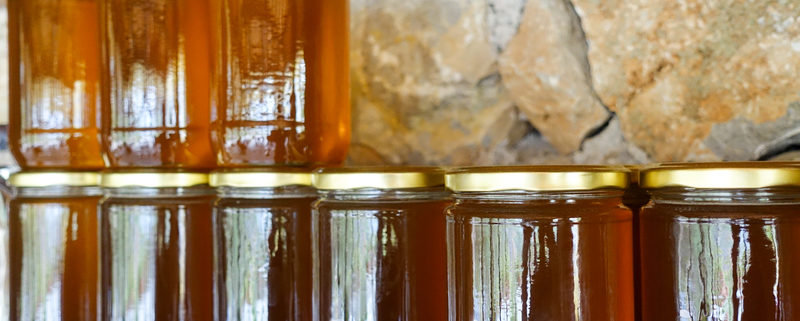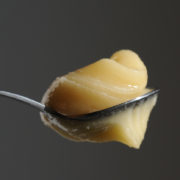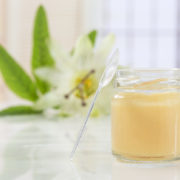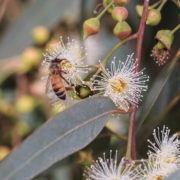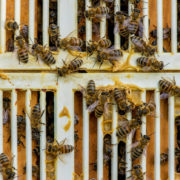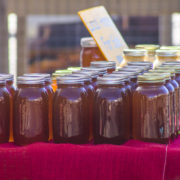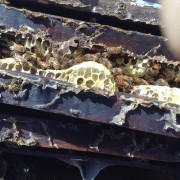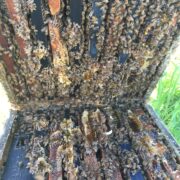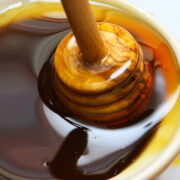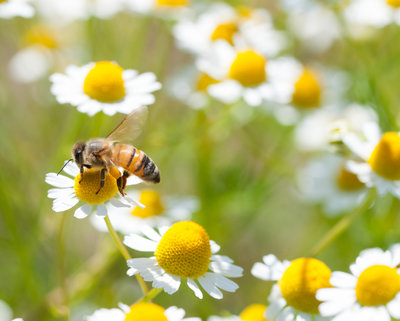Land Rent
There are not many professions that enable a person to experience the joy of someone else’s property without having to pay for the privilege. Gardeners, pet-sitters, house-sitters, and baby-sitters all have the opportunity to visit and experience the pleasures of others’ homes or ranches without the obligation of paying hefty mortgages and property taxes. But, perhaps of all professions, beekeepers have it the best. Most beekeepers who maintain outside apiaries (outside apiaries are apiaries that are not situated on the owner’s personal property) gain permission from land owners to not only place bees on their private property, but to also access that property on an as-needed basis to maintain and care for the beekeepers’ colonies. And, most often, these beekeeping locations are peaceful and soothing to the soul.
This gives the beekeeper a particularly unique vantage point from which to experience often-picturesque and tranquil settings in the countryside to which the average person has no access. This access comes with responsibilities, and as well as a different set of “costs.”
The beekeeper’s responsibilities involve being respectful and courteous, all the while understanding that he or she is always a guest and not an owner. That means keeping the apiary clean, well maintained, and free from litter. It means keeping the bees healthy and calm, and not working with them when people or pets are nearby. And, it also means cooperating with the landowner to not interfere in any way with the enjoyment of his or her own land.
It may seem like the land owner gives up too much in this exchange, but actually the exchange is a fair trade for the land owner. If he has crops, the landowner receives free pollination for his fruits and vegetables, and best of all, this individual, usually once per year, cashes in on some “liquid gold” from the beekeeper.
It is a longstanding tradition of beekeepers to share honey with those who host apiaries. This is considered “land rent.” The amount of honey that the beekeeper and landowner agree upon can be as little as a few jars, and as much as several full cases. Much depends on the size and nature of the apiary, and the value of the land to the beekeeper, in terms of honey production and overall access. Land owners are usually overjoyed to receive a share of the bounty of their land.
At Wildflower Meadows, although we are not specialized in producing honey, we always work hard to deliver the appropriate land rent to the owners of our various apiaries. Each December, near the beginning of the month, we begin bottling the honey production of the year. We prepare cases of honey, most usually packed into one-pound glass honey jars. Liquid gold is soon on the way, and the “land rent” is paid for another year!

